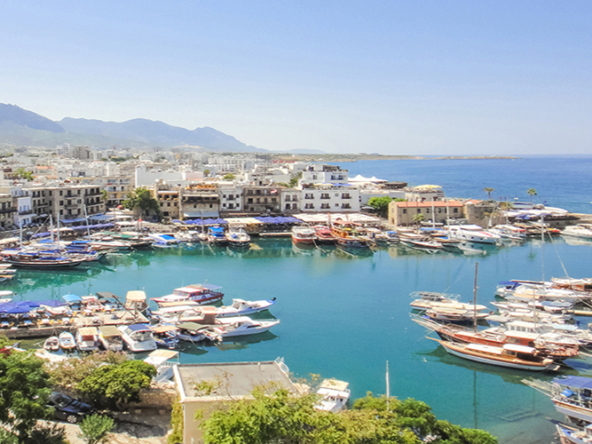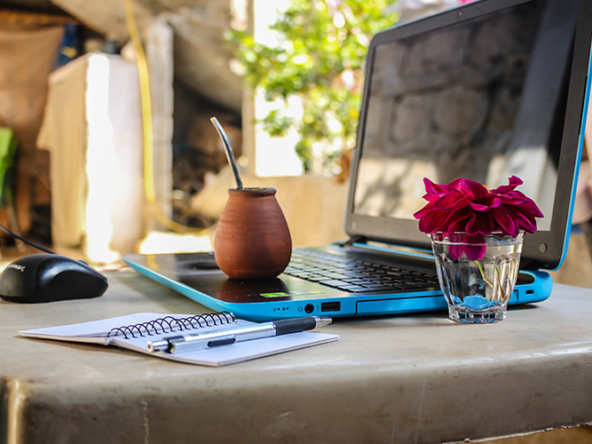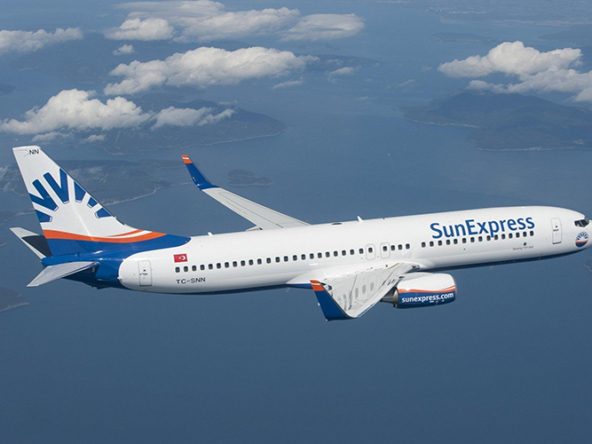One of the most amazing times of the year to be in Turkey is during the holy month of Ramadan. This month will provide a wealth of insights into Turkish culture, from the increased acts of kindness and emphasis on values to the spiritual mood.
Like in many other nations with a predominately Muslim population, Turkey observes Ramadan as a noteworthy and unique occasion. Many people will join the world’s greatest community fast; it is 30-day daylight fast from sunrise to sunset.
Muslims regard this period as holy, and the fast is seen as a kind of spiritual rejuvenation. During this holiest of months, and particularly if you happen to be in Türkiye, there are some intriguing facts to be aware of whether you practice the fast or not.
Fireworks at Iftar
Cannons are customarily fired in some parts of Turkey to mark the start of iftar, the meal that breaks the fast after dusk. For instance, in Sultanahmet, Istanbul, cannons may be fired as part of a customary ritual. Be warned that as dusk approaches, you might hear a loud explosion. For those who are not familiar with this custom, the noise can be somewhat startling.
Street drummers for Ramadan
Some Turkish towns and communities have a tradition of having drummers of Ramadan. Before dawn, these “sahur davulcuları,” or street drummers, beat drums to rouse people for sahur, the predawn feast. This may also startle people who are not aware with this ritual, particularly at the end of the fasting month when they might normally go door to door to get tips for their services.
Delicious pide
Bakeries create unique flat bread known as “Ramazan pidesi” during the holy month of Ramadan. A favourite of most Turks, lines may form in front of bakeries just to purchase the puffy, huge round pide, which is fresh out of the oven in the late afternoon. This pide is an essential, if not required, item on every table set during Ramadan.
Special dishes for Ramadan
During Ramadan, traditional Turkish meals are the main attraction. Dates, olives, soup, and pide are common special iftar mainstays that go well with a stew-like vegetable or meat-based cuisine. During this period, traditional desserts like güllaç and baklava are also well-liked. Ramadan packs containing the primary components or spices for many of them can be found in supermarkets.
Iftar celebrations and events
Huge public iftar celebrations are arranged by a variety of towns, businesses, organisations, and even private citizens, where people gather to break their fasts. These gatherings, which foster a sense of solidarity and community, frequently take place in parks or public squares.
Sultanahmet illuminations
Throughout the month of Ramadan, Istanbul’s historic Sultanahmet area is decked out with festive lights. Beautiful lighting surrounds the Blue Mosque and the Hagia Sophia Grand Mosque, evoking a joyous and meditative ambiance.
Evening celebrations and festivals
During Ramadan, extraordinary activities and festivities bring the nights to life in several cities,
particularly Istanbul. Mosques, markets, and public areas are frequently exquisitely lit, and during the month, there can be religious and cultural events. Following the fast-breaking iftar meal, a lot of people like to go for walks. As a result, pedestrian areas will be busier than usual and certain stores and marketplaces will remain open later.
Puppet shows
The shadow puppetry known as “Hacivat and Karagöz” from Türkiye was once displayed in the palace grounds and at Ramadan celebrations throughout the Ottoman Empire. Even while it has become far less common, special Ramadan events for kids this month offer a glimpse back to Ottoman days when the tradition was prevalent.
TV programmes during Ramadan
During Ramadan, Turkish television networks frequently change their schedule to feature religious programmes, unique dramas, and cultural events that fit the month’s theme. These shows draw large audiences, and the drama series is known as “Ramazan Dizileri.”
Changes to transport timings
Try your best to avoid going anywhere near iftar is a key piece of advice when it comes to traffic and transportation during the month of Ramadan. Since the timing of iftar is determined by the movement of the moon, it is about 7 p.m. in Ankara and 7 p.m. in Istanbul. When iftar begins, the streets will unexpectedly become quiet, in contrast to the hour before when traffic and transport would be at their busiest. During the month of Ramadan, there are more public transport options available. For example, the Istanbul metro runs till one in the morning.
Be courteous to transport workers
Remember that because of the difficulties in keeping the speed, drivers could also become more agitated as iftar approaches and during the day. Particularly close to iftar, taxi drivers might not want to pick up passengers since they might prefer to join their family for the feast that breaks the fast. The important thing to remember in this situation is that, for the great majority of people in Türkiye,
fulfilling their religious duties this month will take precedence over all other considerations.
Source: Daily Sabah
If you are interested in property for sale in Turkey please click the link.




